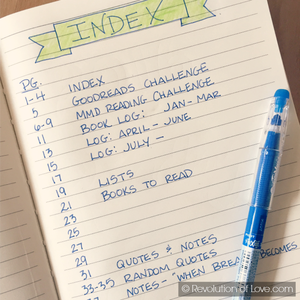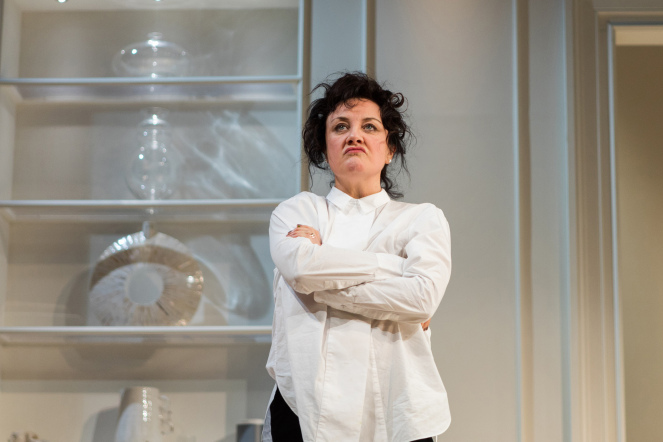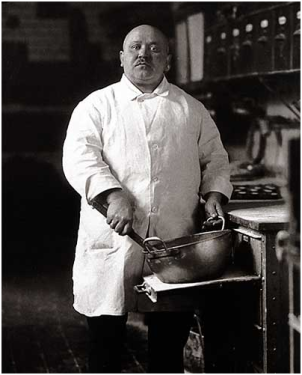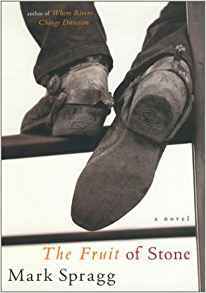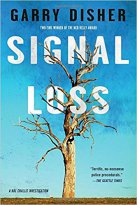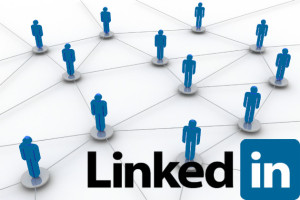 Social media can be a force for good – think the #metoo campaign by women who have been victims of sexual harassment and abuse in the entertainment industry and how that has exposed decades of predatory behaviour by actors, directors, writers and entertainers.
Social media can be a force for good – think the #metoo campaign by women who have been victims of sexual harassment and abuse in the entertainment industry and how that has exposed decades of predatory behaviour by actors, directors, writers and entertainers.
Think too of someone like Behrouz Boochani, the Iranian journalist trapped on Manus Island who has been able to tell the real story of what has gone on in that Australian-made hell hole using Twitter and his smart phone.
Someone attacked an Iranian refugee, injured him and robbed him. It happened in Port Moresby on Sunday at 7 PM. pic.twitter.com/coph5OWnsA
— Behrouz Boochani (@BehrouzBoochani) 13 December 2017
Social media can also make us laugh, inform us, warn us and of course foster connections with people from all around the world.
But think also of its insidousness, how false information can be spread through Twitter and Facebook (the Russian influence on the 2016 US presidential election campaign is but one recent example) and other platforms, how people can be bullied, trolled and harassed. Social shaming can ruin lives, (read Jon Ronson’s excellent book, ‘So you have been publicly shamed’) and lead to suicide or violence towards others. A Tweet or Facebook post can be deleted but everything lives on in the archives of the internet – just ask Justine Sacco.
And think of all that Donald Trump tweeting! That surely can’t be a good thing for the progress of mankind.
…Such poor leadership ability by the Mayor of San Juan, and others in Puerto Rico, who are not able to get their workers to help. They….
— Donald J. Trump (@realDonaldTrump) September 30, 2017
Social media can also be…well just bizarre.
Take my birthday for example. I turned 44 just over a week ago. I didn’t make a fuss about it as that is my preference and expected only a small, but intimate celebration with my wife and kids (accompanied by pizza, beer and cake!) and a few phone calls from family and close friends. I didn’t tell people at work and nobody said anything. I was perfectly happy with that arrangement
But of course, we enter our birth dates into our social media profiles and so the almost 2000 people I am connected with on business social media platform LinkedIn (I used it a lot) got an alert to say it was my birthday.
And the greetings came flooding in from people I have never met or interacted with except to accept their connection request (I have trouble saying no), and from all corners of the globe.
Mostly it was just a generic “Happy Birthday” greeting, occasionally it was personalised with “Have a great day!” but it made me wonder why these people, who basically did not know me, felt they needed to wish me a happy birthday. I certainly don’t wish strangers on happy birthday, even when they pop up on my LinkedIn page.
But it got even more bizarre, because I felt this irrational obligation to thank every single person who had wished me a Happy Birthday, regardless of who they were (of course among the greetings were people I do know and interact with), where they lived or what they did.
And so I spent a good part of my day constantly replying to Happy Birthday messages on LinkedIn as they came in thanking Surya in Delhi, India, Siergiej in London, Orit on the NSW Far North Coast and Rui in Southport, Queensland. By the end of the day I’d received 40 or more birthday greetings. I’d never been more “popular”.
But why were these people sending me birthday greetings? Do you they send them to everyone they are connected with on LinkedIn, Twitter and Facebook? Or was I considered special in some way?
(Ironically, some friends and family who I expected to hear from never contacted me, not even through social media.)
It makes me wonder just how much of our lives we spend on social media thumbing through our Twitter and LinkedIn accounts, checking up on people on Facebook or Instagram? Surely it can now be measured – like sleep – in years lost from our lives.
But while sleep is necessary to function properly – we would literally go crazy and die if we did not sleep for a long period of time, I doubt whether endlessly checking our myriad social media accounts really adds much to the human experience, one that is becoming increasingly disconnected from the real world.
Advertisements Share this:
